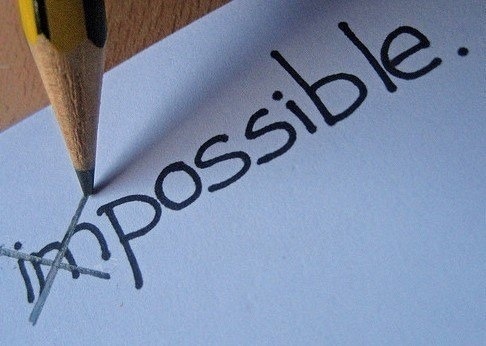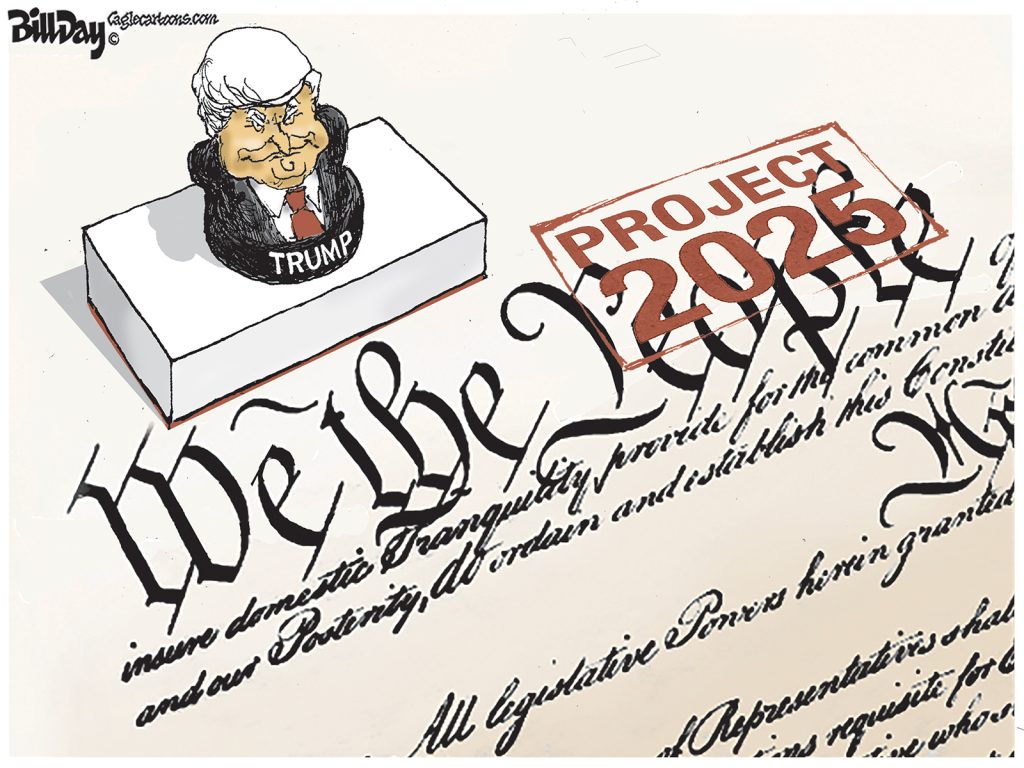In the wake of our recent post, Memphis: All Things Are Possible, we were asked how we’d describe the city as we know it.
The following is what we wrote, but that said, if you’ll take a few minutes to write your own version of Memphis as you know it, we’d be glad to post it:
Memphis As We Know It
There is unquestionably something magical about Memphis.
Our entrepreneurs make global commerce hum, our music makes the world sing, our culture makes the world talk, and our ideas make the world listen.
Our name is synonymous with unpredictable convergences in creativity, collaboration, and change.
At its core, Memphis is about people, passions, and pursuits that come together to create enterprises, expressions, and experiences that place it in the league of much larger cities for its profound impact on society and its place in history.
Memphis regularly defies the odds, whether it is the discoveries at St. Jude Children’s Research Hospital that completely changed how the world treats children with cancer and other catastrophic diseases, whether it is in blending diverse cultures to give birth to revolutionary new forms of music, and whether it is in conceiving the inconceivable as FedEx did when it invented modern global commerce.
Memphis is powered by a palpable energy that runs through the life of the city. The rich mix of diversity, contradictions, ingenuity, soul, and authenticity has inspired 1,000 songs in homage to the city’s ineffable character, a drive for social justice, and a livability that is attracting national attention.
Our mix of amenities, normally found in much larger cities, enhances a quality of life that promises that each of us can individualize our lives so we can be who we are and live the life we want to live.
We are welcoming, we invite you in, and our heart, soul, and generosity run deep like the river at our front door.
This simply is who we are.
There is no pretense and we refuse to take ourselves too seriously. We live life generously, unafraid to express ourselves, while encouraging others to make their mark or just lay back and enjoy a place that’s like no other in this country.
Here, everything is possible.
We welcome dreamers, we embrace innovators, and we encourage trailblazers. We always have, and that has not changed.
Today, our spirit and legendary past triumphs propel a culture of possibility that defines who we are and points to where we are going.
***
If you’d like to write your own description of Memphis, please email it to tjones@smartcityconsulting.com or post it as a comment here. We’ll post submissions in a few days.
***
Join us at the Smart City Memphis Facebook page for daily articles, reports, and commentaries that are relevant to Memphis.




I am not originally from Memphis but I am from Memphis now. I grew up in a small town in Kentucky, traveled, lived in several different places and ended up here 27 years ago. How I got here is not quite as important as the fact that I always knew I would end up here. And Memphis is home. Growing up just a few miles north of Nashville on the Kentucky Tennessee border, I spent many of my childhood and teenage years in and around Nashville.
But I believe that everyone knows home when they find it, when their feet hit the soil of a city that vibrates within them like none other ever has. I started a business here and have been operating it for the last 19 years, happily.
There is something about Memphis, about the river, about the music, and about the people and the energy here. It is different. Memphis has its own heart and soul, almost as if it’s this saucy old broad who’s been through a lot, has seen much sadness and much joy, and has come out on the other side with a certain wisdom that only pain and hard times can bestow.
And for those of us who recognize that, and feel it, there is no other place on earth that could make us happy but Memphis. And I like that. I like the fact that I can walk right down to the banks of the Mississippi and stick my toe in that old muddy water if I want. I like that I can walk into just about any bar or restaurant or dive and hear world class music any day of the week. I like that no other barbecue in the world tastes like our barbecue. I
I love the Grizzlies and the Tigers and Summer Avenue and Beale Street and Main Street and the Mall and the Peabody and the old buildings downtown and Midtown and the old historic neighborhoods and the trees, and the River. Oh, how I love the River. And I even like the fact that Elvis Presley loved this town as much as I do.
Memphis Tennessee. I love the way that rolls off my lips. And when I travel and meet people who ask me where I am from, I smile and say proudly, Memphis.
Buckner
My father was a Cuban exile, from Baptista not Castro. He had migrated to Miami and was involved in gambling. He married a New York Jewish woman and I was an only child.
In the latter part of the 1950s, when I was young, my father took a job as a Blackjack Dealer in Hot Springs. I was deposited in Memphis with relatives and was part of the City until Arkansas shut down gambling in Hot Springs. Then my mother took me to New York and my father went to the Mississippi coast.
In New York I eventually earned a degree in Political Science at Columbia and went to Miami to seek my fortune. That didn’t work out so I came back to Memphis where my on-air name is different.
The Memphis of my childhood was indeed magical. Downtown was alive with big department stores, speciality shops and movie theaters. York Arms was a fascinating place for a youngster and the Court Square fountain and peanut shop for the squirrels was a big thrill. The parking garage across from Court Square was where my relatives parked with a valet who went up a foot conveyer belt to retrieve your car. I missed the 1960s and 1970s when all of this evaporated.
Upon my return in the 1980s I found a different Memphis. In place of the 1950s was a vacant downtown, shopping malls that eventually went the way of downtown as population moved ever farther out even into other counties.
Yet there is a big group of people who recognize the old ways and seek a renewal without the racial divide. They see the cultural heritage of both blacks and whites as essentially the same. They want neighborhoods that are truly communities in the 1950s sense where all adults were your parents, where you walked to school without fear, where families looked after each other.